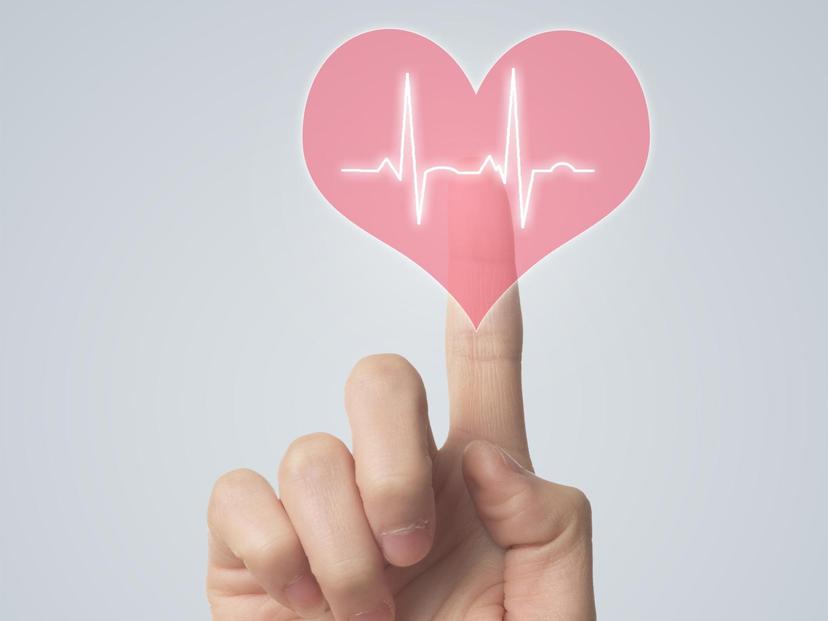27 декабря 2021
Intermittent Fasting: How Does it Work?


27 декабря 2021
Intermittent Fasting: How Does it Work?
In 2016, the Japanese cell biologist Yoshinori Ohsumi won the Nobel Prize for describing the mechanism of cell autophagy. Autophagy is the body’s way of self-liquidating cell structures that are either harmful or unnecessary.
After fasting became widely known, doctors and healthy lifestyle advocates started to apply it to the human body. They advised therapeutic fasting as a method to prolong life, treat cancer, lose weight, prevent Alzheimer's disease, and even use it as a cure-all remedy. Let’s look at intermittent fasting in more detail.
## How does it work?
In any living organism, there are many processes continuously occurring on the cellular level. The human body has about 37 trillion cells. Among those, in grown adults, approximately 220–240 billion cells die and are replaced every day, which equals approximately 2 million cells per second.
In the time you have spent reading this article, about one million of your cells were replaced with new ones. So, what is the connection between fasting and autophagy? They are related because starvation activates and speeds up this process. A human body that doesn't have enough nutrients from outside starts to draw on its own resources, which is what intermittent fasting is based on.
## How does intermittent fasting work?
Intermittent fasting (also referred to as periodic fasting) is a strategy for managing the timing when the human body receives nutrients. There are several methods for intermittent fasting, but all of them are based on the same principle of alternating fasting with eating.
There are several alternatives for so called eating time-windows (the first figure means the time without eating, the other is the time-windows for food intake): 16/8, 14/10, 18/6, 20/4. The 16/8 scheme is the most popular and the least taxing one. According to this method, you should eat your daily calorie intake for 8 hours, for example, from 9:00 am until 5:00 pm. After that, you can only drink water, tea, or coffee without sugar and milk.
If your goal is to lose weight, it is essential to avoid exceeding your diet calorie limit during the eating time-window. Eating unhealthy foods can only lead to health problems since digestion of heavy foods takes a long time, and eating them during the short eating time-window can lead to severe digestive disorders.
__Pros of Intermittent Fasting__
- Better susceptibility to insulin and reducing insulin resistance, which leads to developing diabetes type 2.
- Structuring your food intake.
- Losing extra weight.
- Increasing the level of the growth hormone (somatotropin), which leads to decreasing subcutaneous fat.
- Normalization of cholesterol and triglycerides in the blood, which decreases the risks of cardiovascular complications.
__Cons of Intermittent Fasting__
- Associated with potential risks of developing gallstones as a result of bile retention in the body during prolonged fasting. The risk is higher for those who have a genetic predisposition to this disorder.
- If you quit intermittent fasting, your body will be under stress, creating fat reserves. Accordingly, you will gain extra weight. If you choose to do intermittent fasting, you will most likely have to stick to it for a long time or gradually restore normal eating habits after achieving the desired results.
- Can lead to overeating if you start eating one time per day.
- Other side effects may include weakness as well as losing productivity and focus.
__Attention: Intermittent Fasting is not recommended for anyone experiencing the following: pregnancy, any type of cancer, cardiovascular disorders, blood disorders, digestive disorders, diabetes type 1, or eating disorders.__
## How to prepare for intermittent fasting
If you decide to try intermittent fasting, do the following to ensure proper preparation. First, consult with a doctor (gastroenterologist, therapist, and endocrinologist) to exclude contraindications. Don't forget to drink enough liquid, about 30–40 mg per 2.2 lbs of body weight.
Maintain normal sleeping hours. If you are used to sleeping only 5-6 hours per night, you will have a hard time as your immune system will be affected. Try to create a habit of going to bed at 9:00-10:00 pm and sleep no less than 7–8 hours.
When practicing intermittent fasting, make sure to get enough exercise and physical activity. Intelligent eating habits and regular exercise will help your body not only look better but also feel better.













